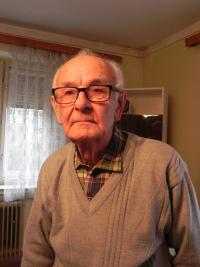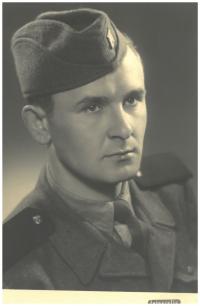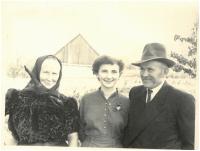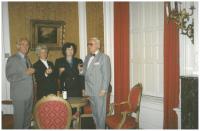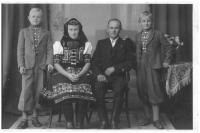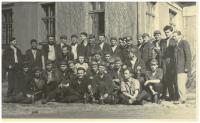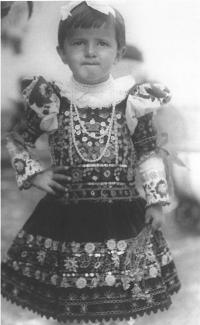It was worse in civilian life than in the mine

Download image
Ján Paulíny was born on January 26, 1929 in Dobrá Niva. Even during the war, his family treasured democratic principles and for several months they were providing a hideout for a Jewish family, what could have cost them lives. They actively joined the civil resistance; however, after February 1948 they were engaged in Democratic Party. This way they became labeled as enemies of the state. Besides the hard times that Ján underwent during the Second World War, as a young man he was dismissed from the university studies. More than two years he spent in Auxiliary Technical Battalions (PTP), worked hard in Ostrava mines, and his life was many times in danger. After the military service, within the further decades he was transferred from job to job, he wasn’t allowed to study and the persecution had permanently affected health of his wife and little son. After 1989 he was involved in Public Against Violence movement (VPN) and became the first “post-November” mayor of the village Dobrá Niva.
